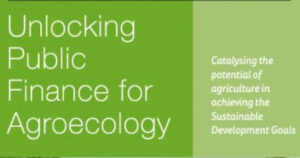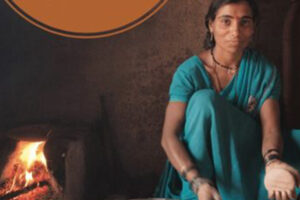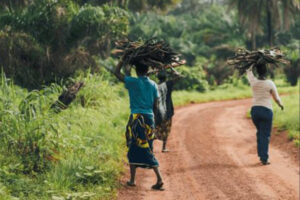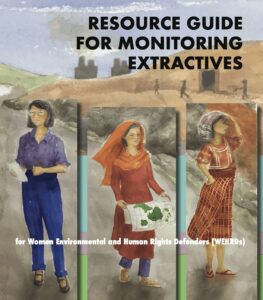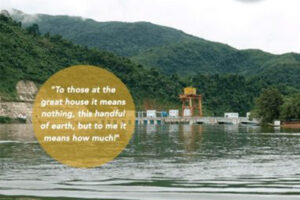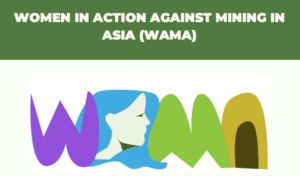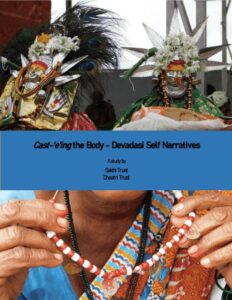Resources
Discover new tools and resources from GAGGA, with practical insights from our global network. Explore case studies, reports, and strategies to strengthen climate action, and gender and environmental justice efforts.
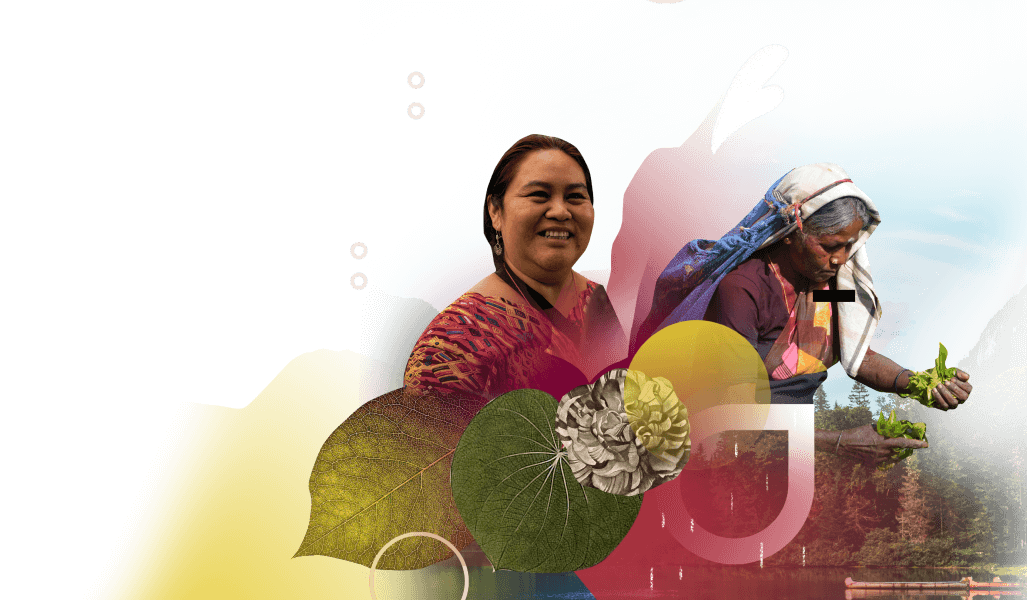
Report | Critical approaches to gender in mountain ecosystems
Women play a key role in nature conservation, yet they often lack the inputs, technologies, training and extension services, and various enablers and linkages that can enhance the effectiveness of their efforts. Evidence indicates that gender-inclusive and gender-sensitive conservation practices have far-reaching multiplier impacts. This report from the International Union for Conservation of Nature (IUCN)Continue reading “Report | Critical approaches to gender in mountain ecosystems”
Women within the Context of Agricultural Extractivism: Voices of Women Land Defenders in Central America
How does agricultural extractivism affect ecosystems, communities, and women specifically? What are women defenders and their communities doing to guarantee that life is sustainable and stop the destruction of their territories? These are some of the guiding questions behind the collaborative report “Women within Contexts of Agricultural Extractivism: Voices of Women Land Defenders in CentralContinue reading “Women within the Context of Agricultural Extractivism: Voices of Women Land Defenders in Central America”
Unlocking Public Finance for Agroecology: Catalysing the potential of agriculture in achieving the Sustainable Development Goals
This publication is a collaboration between eight different partners from Latin America, Africa, Asia and Europe that shows how agro-ecological practices on the ground contribute to the Sustainable Development Goals and Paris objectives and why it is important that these types of practices are more supported To access the publication and case studies, please clickContinue reading “Unlocking Public Finance for Agroecology: Catalysing the potential of agriculture in achieving the Sustainable Development Goals”
Report: The Preservation of Life
This participatory diagnostic is the result of a collective effort to portray the experiences and learnings of environmental defenders in 13 towns in Bolivia and Paraguay, up until March 2019. These environmental defenders, as community researchers, show us the struggles they face in their territories but also present alternatives and solutions from their experiences asContinue reading “Report: The Preservation of Life”
Our Voices, Our Environment – The State of Funding for Women’s Environmental Action
The impacts of climate change and environmental degradation are not gender neutral and, thus, funding cannot be either. Yet only 0.2 percent of all foundation funding focuses explicitly on women and the environment —a missed opportunity for funders committed to ensuring a healthy environment and equitable world. Our Voices, Our Environment: The State of FundingContinue reading “Our Voices, Our Environment – The State of Funding for Women’s Environmental Action”
Women’s Organizations and Climate Finance: Engaging in Processes and Accessing Resources
This resource provides information on possible engagement pathways for organizations to ensure that the four primary public climate funds (the Adaptation Fund, the Climate Investment Funds, the Green Climate Fund and the Global Environmental Facility) support women’s organizations, gender-related groups, and feminist organizations working at the intersection of gender equality and climate change. It providesContinue reading “Women’s Organizations and Climate Finance: Engaging in Processes and Accessing Resources”
Resource guide for monitoring extractives
The “Resource Guide for Monitoring Extractives for Women Environmental and Human Rights Defenders (WEHRDs)” serves to support WEHRDs to investigate and monitor actual or potential negative mining impacts on their communities with particular attention to violations and impacts on women. Published: November 2019
‘Like Fish on Land’: Testimonies from People in Uganda and Laos After Being Displaced
This paper looks at four hydropower projects implemented in Laos (Nam Theun 2 and Nam Ou) and in Uganda (Bujagali and Karuma), describing the resettlement effects on local communities. These effects vary per case, and may include the loss of physical and non-physical assets, including homes, communities, productive land, income earning assets and sources, subsistence, resources,Continue reading “‘Like Fish on Land’: Testimonies from People in Uganda and Laos After Being Displaced”
WAMA Statement for the 2019 UN Forum
The Women in Action on Mining in Asia (WAMA) network issued a statement for the 2019 United Nations Forum on Business and Human Rights. They listed their demands for governments, IFIs and corporations to take action and deliver legally responsible commitments that uphold gender equality and international human rights principles. Published: November 2019
Devadasi Self-Narratives
The Devadasi system is a centuries-old Hindu religious practice in India which offers young girls in marriage to deities. These girls usually belong to the Dalit caste — the lowest of India’s social classes — and as ‘servants’ ordained by deities, Devadasis are ritually forced to offer sexual services upon attaining puberty. Devadasis are marginalisedContinue reading “Devadasi Self-Narratives”






